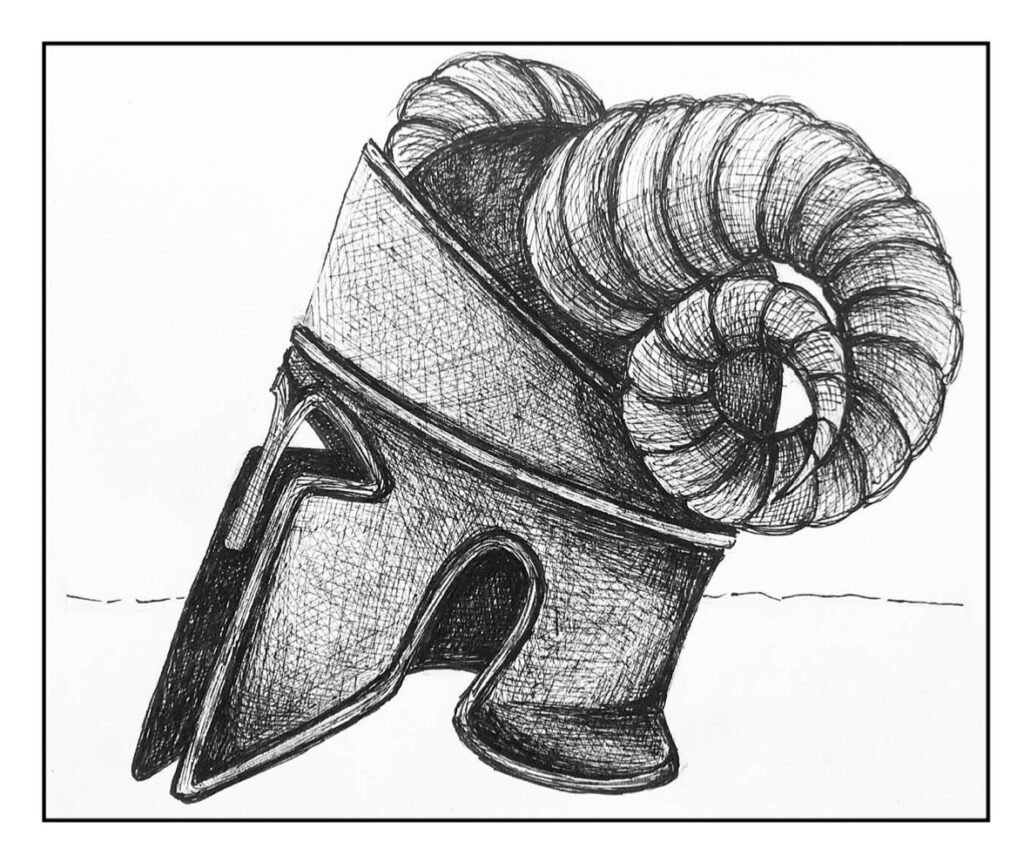Want to know how many of the people and objects in The Scroll of Remembrance were named? In the fourth section of the interpretative guide you can learn about their Greek, Hebrew, Latin or Aramaic origins.
Keep reading!
Jim
Interpreting Names
The names of people, places and objects in The Scroll of Remembrance are intended to sound more Mediterranean and less American or European. Many of the names are stylized forms of Greek, Hebrew, Latin or Aramaic words. For example, Rabah sounds like the Hebrew word for “archer.” Domi comes from the Greek word for “gift,” and Cora is from a Greek word for “cultivated land.” Rohka comes from a blending of the Aramaic word for spirit (Rokha) with the Hebrew word for spirit (rûaḥ). Debashadom (which is shortened to Shadom) is a mashup of Hebrew words for “honey” and “red.” Some names, like Rohka, have specific intended connotations, others do not.
The Scroll of Remembrance also employs Greek, Hebrew or Latin words directly.
- Illuminatio is Latin for illumination and is an allusion to Psalm 27:1 (“The Lord is my light”).
- Ginoskete means “know” or “understand” in Greek.
- Thureos is a word for “shield” in Greek.
- Coba is “helmet” and qeren is “horn” in Hebrew so the use of the word cobaqeren summons a “horned helmet.”
- Ischuro is a shortened form of the Greek word for “strength” or “force.”
- Mayplanasthe means “do not be deceived” in Greek.

